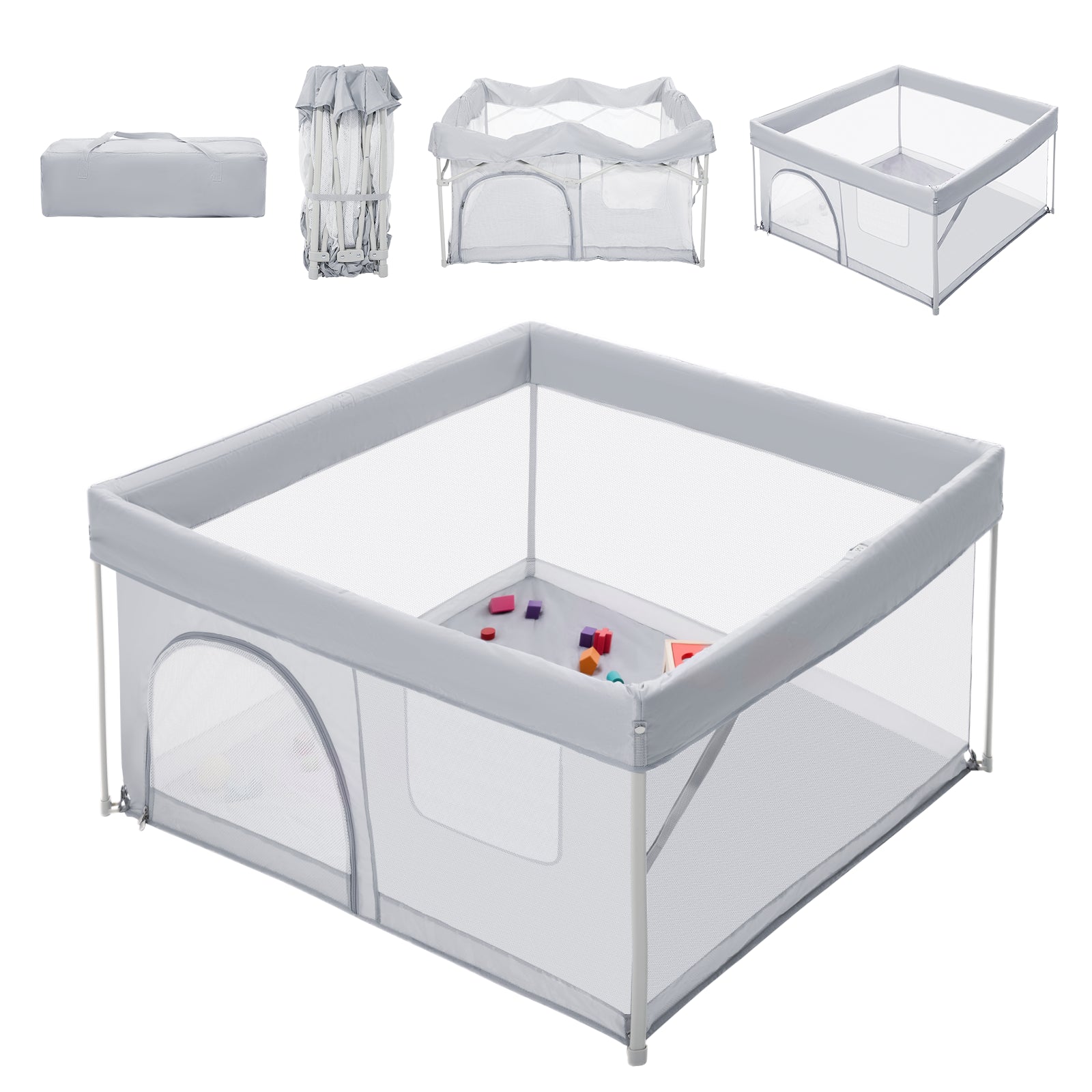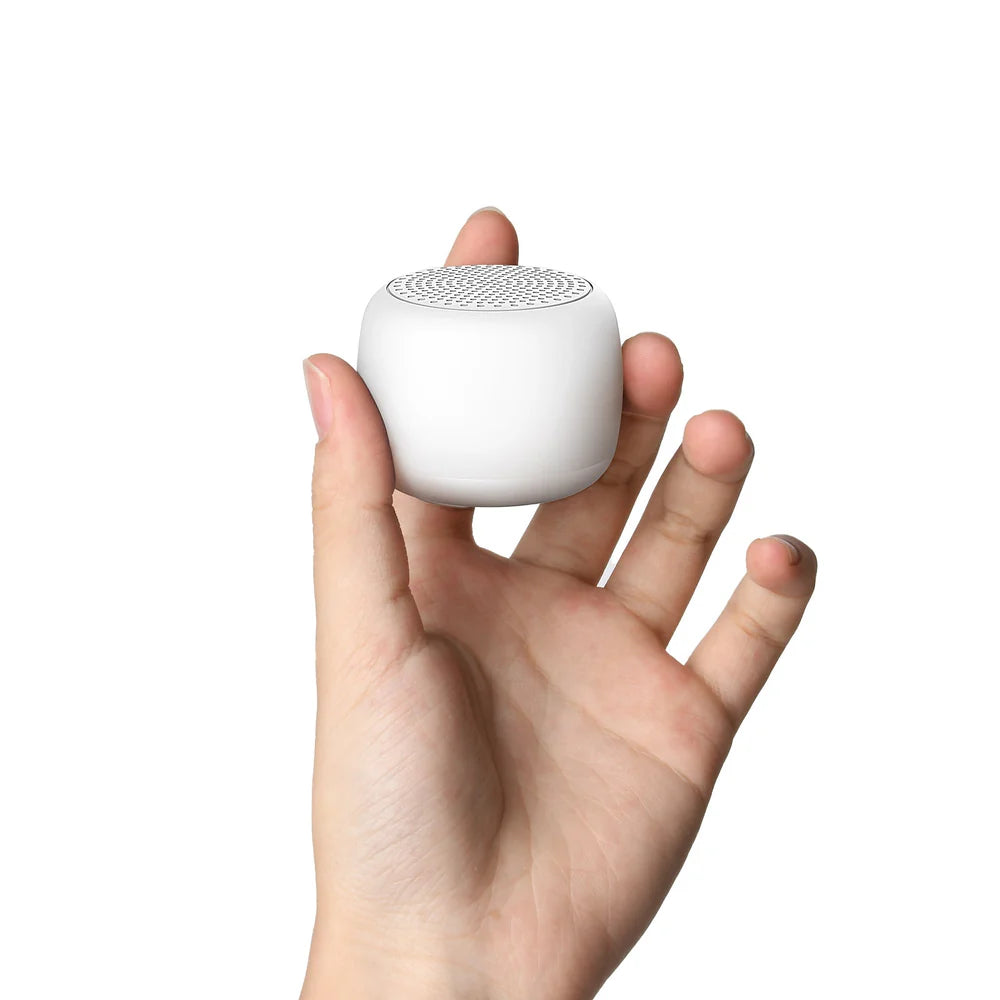1. Set the Scene for Sleep
Your bedroom environment significantly impacts the quality of your sleep. Opt for a cool, dark, and quiet space. Consider blackout curtains, eye masks, or white noise machines if you're sensitive to light and sound. The ideal temperature for sleep is around 65 degrees Fahrenheit (18 degrees Celsius).

2. Choose the Right Mattress and Pillow
The foundation of good sleep is a comfortable mattress and pillow. Look for a mattress that supports your body’s natural posture and a pillow that keeps your head and neck aligned. Remember, what works for someone else might not work for you, so take the time to find your perfect match.

3. Establish a Soothing Pre-Sleep Routine
Wind down with a relaxing pre-sleep routine. This could include reading, a warm bath, or gentle stretching. Avoid screens an hour before bedtime, as the blue light emitted can disrupt your sleep cycle.4. Mind Your Diet
What you eat affects your sleep. Try to finish dinner at least two hours before bed and avoid heavy or spicy foods that might cause discomfort. Limit caffeine and alcohol intake as they can disturb your sleep patterns.

5. Keep a Consistent Sleep Schedule
Our bodies thrive on routine. Try to go to bed and wake up at the same time every day, even on weekends. Consistency reinforces your body’s sleep-wake cycle and can help you fall asleep more quickly.6. Exercise Regularly, But Not Before Bed
Regular physical activity can promote better sleep, helping you to fall asleep faster and enjoy deeper sleep. However, exercise right before bedtime can be stimulating, so try to finish any vigorous activity a few hours before you plan to sleep.
7. Manage Stress
A key to better sleep is managing stress. Practice relaxation techniques like deep breathing, meditation, or progressive muscle relaxation. Keeping a worry journal can also help you clear your mind before bed.8. Get Comfortable with Daytime Naps
While naps can be a great way to recharge, they shouldn't interfere with your nightly sleep. Keep naps short—about 20-30 minutes—and avoid napping late in the day.9. Seek Professional Help if Needed
If sleep remains elusive despite your best efforts, it might be time to consult a healthcare provider. Conditions like insomnia, sleep apnea, and restless legs syndrome require professional treatment.Sleep is an integral part of your overall health and well-being. By implementing these tips, you're well on your way to achieving the quality sleep you deserve. Sweet dreams and goodnight!
















